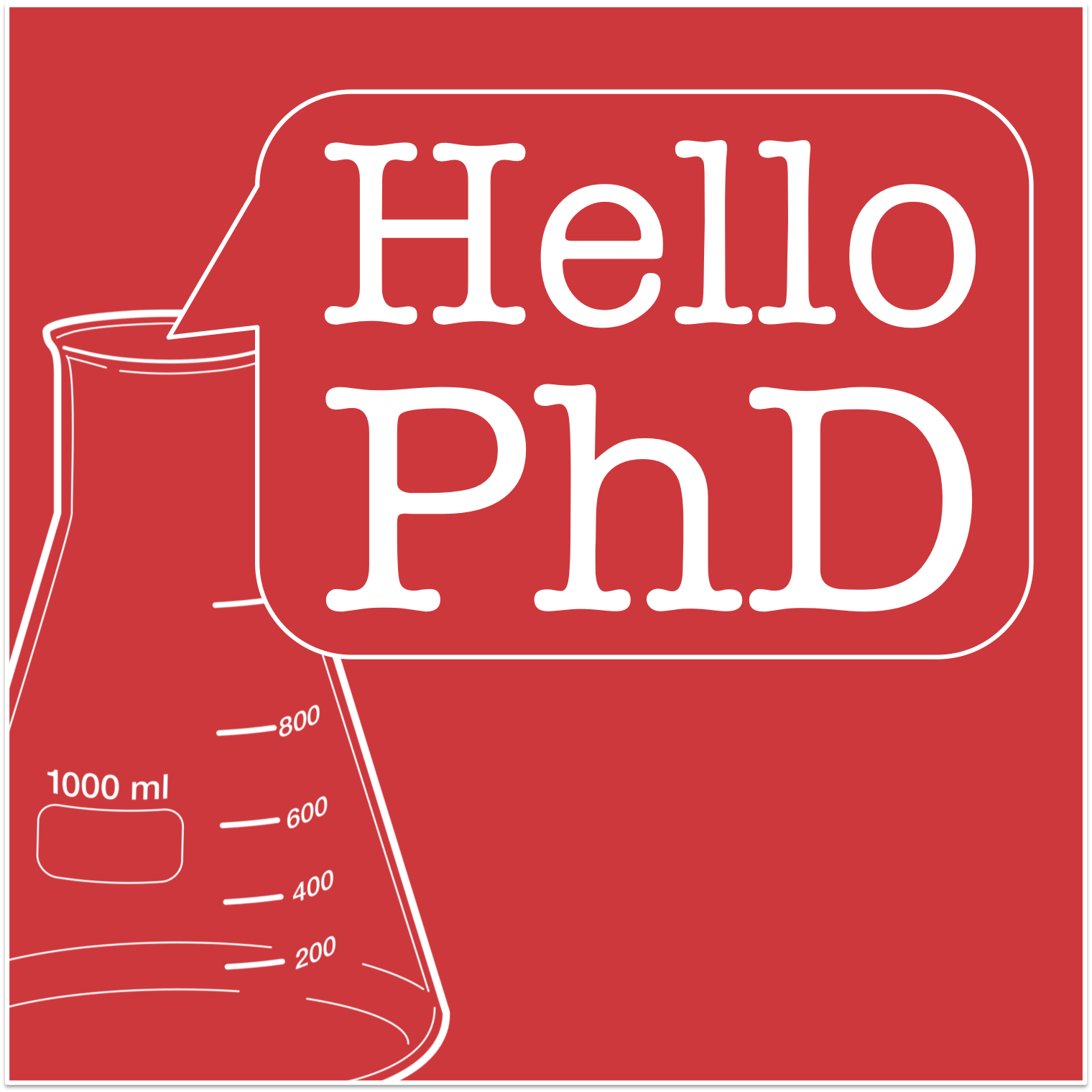195. Five Myths of Scientific Poster Design w/ Dr. Zen Faulkes
Description
The scientific poster is an academic oddity. Where else do thousands of people gather around hundreds of large-format printouts to talk about esoteric subjects!?
Posters might be the most common form of scientific communication on the planet. In your career, you will probably present more posters than talks or journal articles. And nearly anyone can create a poster – from an undergraduate on a summer rotation to a tenured professor.
So it’s a good idea to hone your skills at creating and presenting scientific posters – you’ll have lots of opportunities to practice!
This week, we’re joined by Dr. Zen Faulkes, Professor at McMaster University and author of Better Posters: Plan, Design, and Present an Academic Poster. He also writes the Better Posters substack.
Dr. Zen has seen a lot of posters over the years, and he’s devoted considerable time to documenting the do’s and don’ts of effective poster design. We sat down to talk through some common misconceptions that crop up in many academic posters.
Bust These Myths!
Here are some of those myths, in no particular order:
1. “Posters are worse than talks.”
2. “The point of a poster is to convey information.”
3. “Use bullet points to make it easy to read.”
4. “24 point minimum text size.”
5. “Put institutional logos on your poster.”
Dr. Zen walks us through the common mistakes he finds throughout academia, and then gives us a better way to leverage this powerful medium.
Rather than being an information dumping ground, he suggests that you think about your poster primarily as a conversation-starter. Your goal is to invite a viewer in, get to know why they’re interested in your work, and then use the poster as a jumping-off point, rather than a conversational dead-end.
And rather than figuring out how to fit MORE content into your limited space the way this poster does, he suggests that you look for things to REMOVE from the page. Any element that doesn’t contribute to the central goal of facilitating the conversation needs to go. That ruthless editing will leave you more space to make the remaining data larger and more legible.
More Episodes
A few generations ago, you could probably graduate from a PhD program and immediately land yourself a junior faculty position at a nearby university. But as grad school enrollment grew, a new quasi-professional job-description emerged in the nebulous middle ground between student and professor....
Published 12/01/23
Published 12/01/23
Josh and Dan traveled to Washington DC for the Society for Neuroscience Conference 2023.
We chatted with students, postdocs, and faculty about everything from grad school applications to industry jobs to work-life-balance. And we recorded this special update from the hall of posters and...
Published 11/15/23


